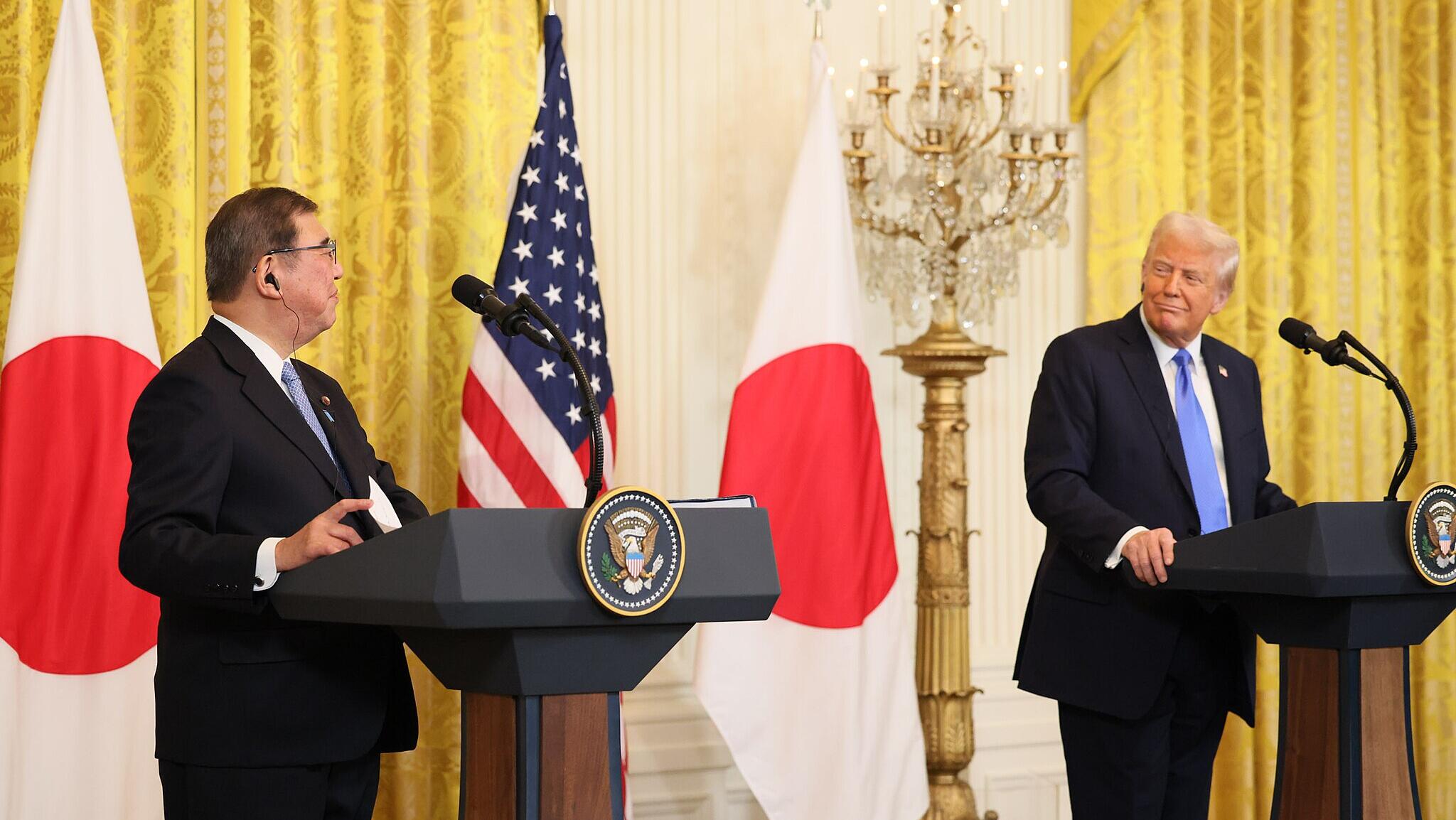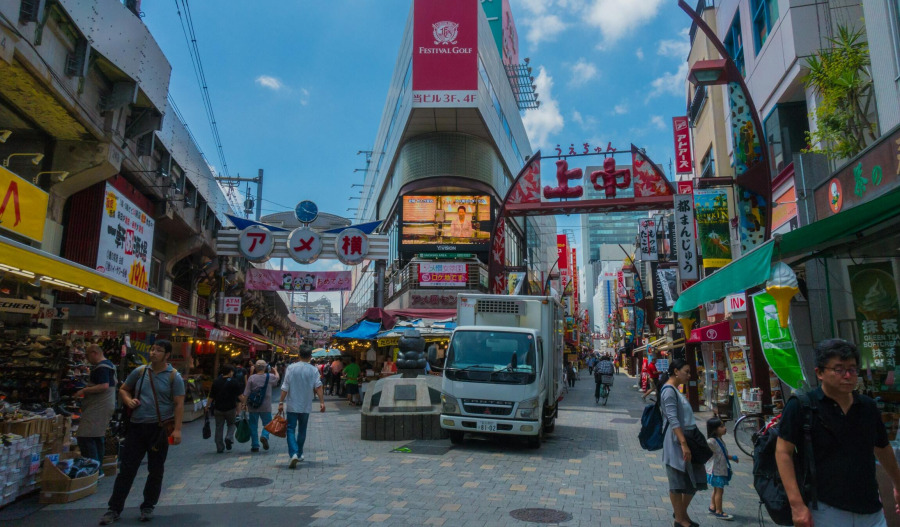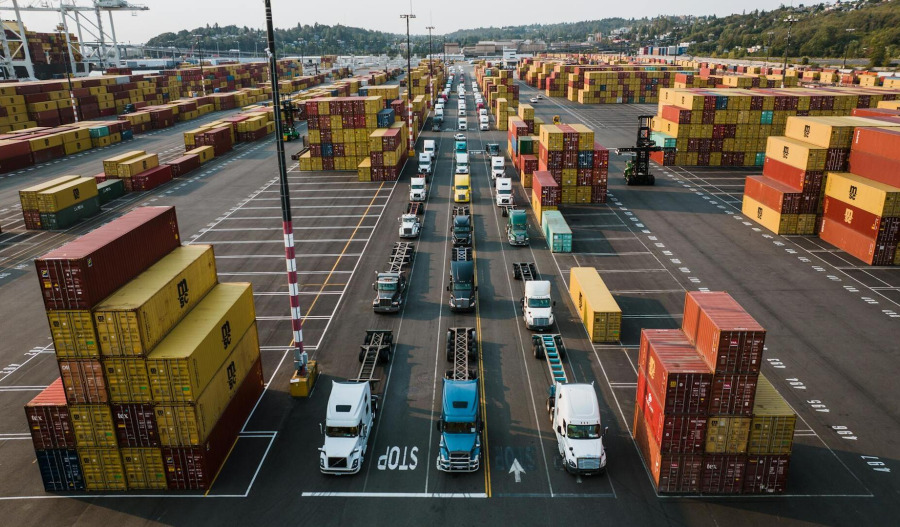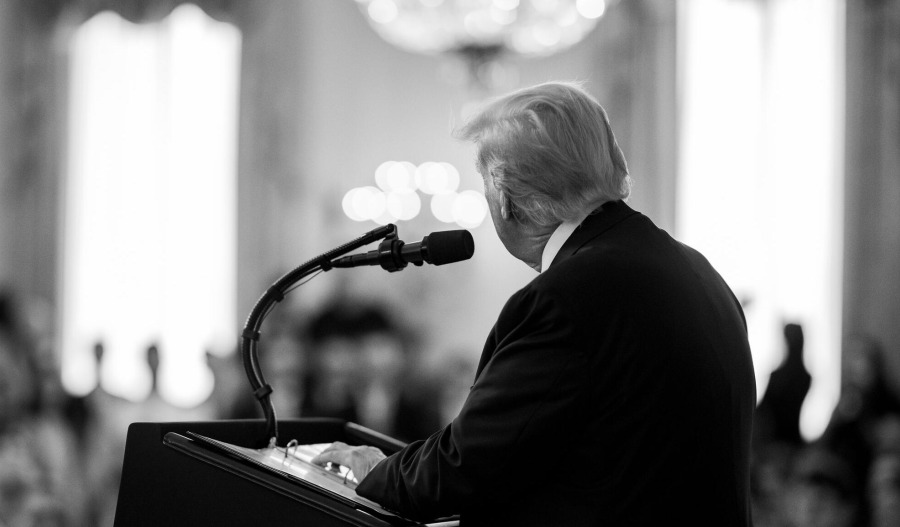United States President Donald Trump has signed an executive order to implement a trade agreement with Japan, with baseline tariffs on Japanese imports set at 15%.
Sector-specific tariffs on Japanese automobiles and parts have also been lowered to 15%. The two countries first announced the agreement on 22 July, but had not finalised the deal as they continued to negotiate.
“Under the Agreement, the United States will apply a baseline 15% tariff on nearly all Japanese imports entering the United States, alongside separate sector-specific treatment for automobiles and automobile parts; aerospace products; generic pharmaceuticals; and natural resources that are not naturally available or produced in the United States,” according to the executive order.
“Japan, meanwhile, will provide American manufacturing, aerospace, agriculture, food, energy, automobile, and industrial goods producers with breakthrough openings in market access across key sectors.”
U.S. tariffs on Japanese cars were previously set at 27.5%. The lower tariff rate will enter into effect on 11 September.
Many Japanese automakers had projected that these tariffs would significantly damage their profits, with Toyota slashing its full-year operating profit forecast by 16% in August. Honda and Subaru said that month that their expected hit from tariffs had been reduced, but remained high.
The agreement also prevents country-specific tariffs on Japanese goods from being stacked on top of other higher tariffs, effective retroactively from 7 August. Imports subjected to tariff rates below 15% will have their tariffs raised to 15%.
Japan’s government will invest US$550 billion into the U.S. under the agreement, the order said, with the U.S. government choosing the projects Japan will finance. Japan’s chief trade negotiator Ryosei Akazawa said in July that only 1% to 2% of this $550 billion would be invested, with the remainder being loans from government-backed financial institutions.
A U.S. appeals court decided last week that most of Trump’s tariff policies were illegally imposed, including these country-specific tariffs on Japan. It ruled that the International Emergency Economic Powers Act does not grant presidents the authority to impose tariffs, as Trump claims.
The tariffs are allowed to remain in place until 14 October, the court said. Trump has asked the Supreme Court to rule on his appeal, requesting that arguments begin in early November.
Related content



